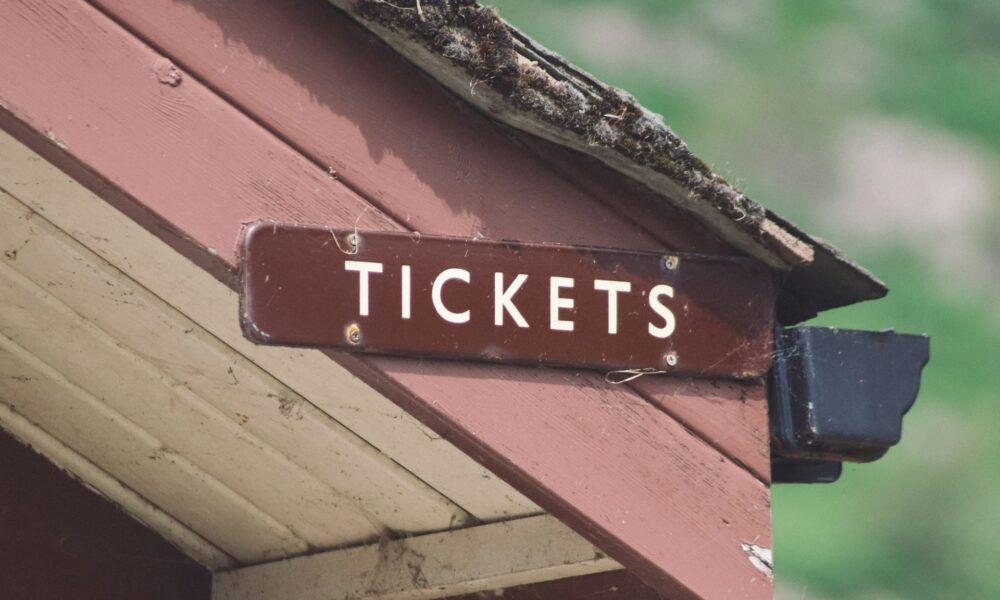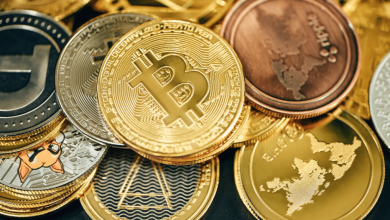Understanding Ticket Resale Policies: What Buyers and Sellers Need to Know

Going to concerts, sports games, or theater shows is always exciting. But sometimes, life happens — and you might need to sell your tickets or buy them secondhand. That’s where ticket resale policies come in. Knowing how these policies work can save you from trouble, scams, or losing money.
In this article, we’ll break down everything buyers and sellers need to know about ticket resale policies in simple terms. Let’s get started!
Ticket resale policies are the rules and laws that govern how tickets to events can be resold after the original purchase. These rules are designed to protect both buyers and sellers, prevent fraud, and make sure ticket prices stay fair.
Resale can happen in different ways:
- Official resale platforms set up by event organizers.
- Secondary marketplaces like Viagogo.
- Informal sales between people, like through social media or friends.
If you’re planning to buy tickets through secondary marketplaces, you can often save money by using a Viagogo Discount Code, which helps reduce extra costs while still ensuring a safer purchase.
Understanding these policies helps you know what’s allowed, what isn’t, and how to avoid risks.
Why Are Ticket Resale Policies Important?
Without clear rules, ticket resale markets can get messy. Here’s why these policies matter:
- Preventing price gouging: Some people buy tickets in bulk and sell them for way more than face value, which is unfair to fans.
- Avoiding scams: Rules help reduce fake tickets and dishonest sellers.
- Ensuring fairness: Limits on resale prices keep events accessible to more people.
- Legal protection: Knowing the law prevents you from accidentally breaking it.
Key Points Buyers Should Know
If you’re buying tickets from someone other than the official seller, keep these tips in mind:
1. Check Authenticity
Always buy from trusted sources. Official resale sites or well-known marketplaces often guarantee the ticket is real. Be careful with social media sales or unknown sellers—they might sell fake or invalid tickets.
2. Understand Pricing Rules
In many places, tickets cannot be resold above their original price or only allowed a small markup. If you see a ticket priced way higher than face value, it might be illegal or risky.
3. Watch Out for Fees
Some resale platforms add extra fees at checkout, making the ticket more expensive than advertised. Always check the total cost before buying.
4. Know the Refund Policy
Events can get canceled or postponed. Some resale tickets might not be refundable. Be sure to read and understand all the rules before you buy.
What Sellers Need to Know
If you have tickets you want to resell, here’s what to keep in mind:
1. Follow Local Laws
Ticket resale laws vary by country and sometimes by state or region. For example, some places strictly ban selling tickets above face value, while others allow a small markup. Breaking these laws may result in fines or legal trouble.
2. Use Official or Trusted Platforms
Selling tickets through official resale sites linked to the event or major secondary marketplaces is safer. These platforms usually handle payments securely and reduce the risk of scams.
3. Be Honest About Your Tickets
When listing your tickets, provide clear info: seat location, event date, and original price.
- Set a Fair Price
Charging a reasonable price increases your chances of selling and keeps you within legal boundaries. Avoid extreme markups that could attract trouble.
Common Legal Rules Around Ticket Resale
While policies differ worldwide, some common rules are:
- No resale above face value: Many regions ban selling tickets for more than the price you paid.
- No use of bots: Automated software that buys up large numbers of tickets quickly (called “bots”) is illegal in many countries.
- Disclosure requirements: Sellers may need to disclose the original ticket price and seat details.
How to Spot a Scam
Unfortunately, ticket scams are common. Here’s how to protect yourself:
- Be cautious of offers that seem unusually good.
- Don’t wire money or use untraceable payment methods.
- Beware of sellers who rush you or pressure you to buy quickly.
- Confirm the seller’s identity and check reviews if possible.
Benefits of Official Resale Platforms
Using official resale platforms offers these advantages:
- Verified tickets: The platform checks tickets are valid before they reach buyers.
- Secure payments: Your money is protected until the ticket is delivered.
- Fair pricing: Many official sites limit how much tickets can be marked up.
- Customer support: If issues arise, official platforms can help resolve them.
Final Tips for Buyers and Sellers
- Buyers: Always research the seller and understand all fees. When possible, use official resale options.
- Sellers: Know your local laws and use reputable platforms. Be honest and price tickets fairly.
- Both: Keep all transaction records and communicate clearly.
Conclusion
Ticket resale policies can seem confusing, but understanding them is important to enjoy events without hassle. Whether you’re buying or selling, knowing the rules helps you avoid scams, follow the law, and keep ticket prices fair.
Next time you need to buy or sell a ticket, remember these tips and choose trusted platforms. That way, you’ll have peace of mind and a better chance of enjoying the event.

Source: Understanding Ticket Resale Policies: What Buyers and Sellers Need to Know


